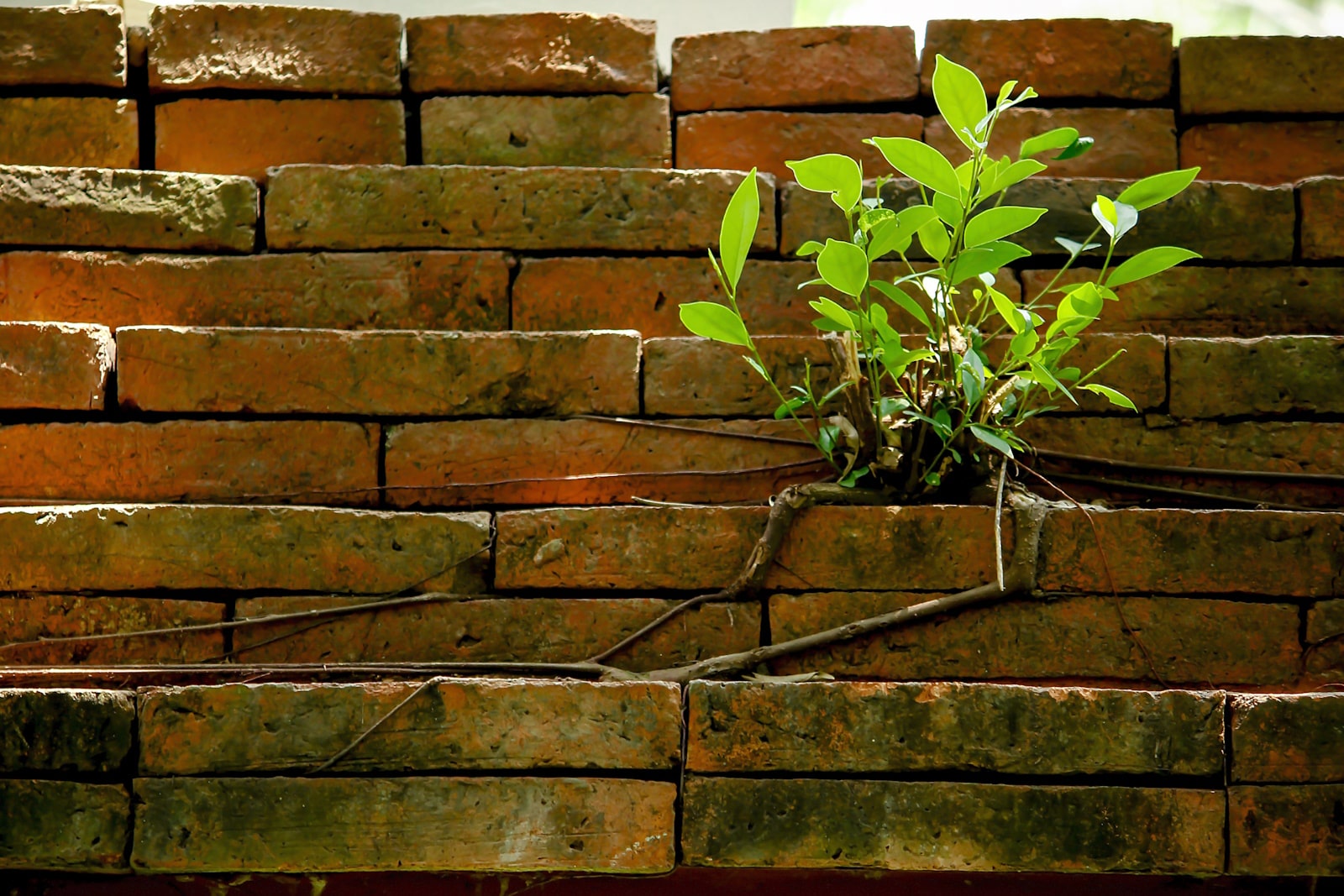Waste Management Companies in South Africa: Eco-Bricks
As the world grapples with environmental issues, the construction industry is seeking sustainable alternatives to traditional building materials. Eco-bricks, made from non-recyclable plastic waste, have emerged as a promising solution for creating environmentally-friendly structures. In South Africa, eco-bricks are being used to build schools, homes, and community centres, contributing to waste reduction and fostering sustainable development. This blog will explore how eco-brick projects are scaling in low-income communities, policy barriers to adoption, the comparative strength and durability of eco-bricks, and successful case studies. It will also highlight the role of waste management companies in South Africa in supporting eco-brick construction.
What Are Eco-Bricks?
Eco-bricks are a sustainable construction material made by densely packing non-recyclable plastic waste into plastic bottles. These bricks are then used as building blocks for various structures. The eco-brick process helps reduce plastic pollution by diverting waste from landfills and oceans, offering a solution to both waste management and the housing crisis.
The concept of eco-bricks began in the early 2000s, and since then, it has gained momentum globally, with South Africa becoming a leader in using eco-bricks for construction. The initiative is particularly important in a country where the demand for affordable housing is high, and waste management continues to be a significant issue.
Scaling Eco-Brick Construction in Low-Income Communities
In South Africa, eco-brick projects have gained popularity as a way to address the dual challenges of housing shortages and plastic pollution. These projects are being used to build schools, homes, and community centres, primarily in low-income areas. For instance, eco-bricks have been used to construct a school in Johannesburg, providing an affordable and eco-friendly solution to a community in need.
These projects are not just about building structures but also about community empowerment. Local residents are actively involved in collecting, sorting, and packing plastic waste into eco-bricks, which not only provides them with a source of income but also fosters a sense of environmental responsibility.
However, scaling these projects requires overcoming several challenges, such as securing a steady supply of waste materials, ensuring proper training in construction techniques, and addressing scepticism regarding the strength and durability of eco-bricks. Community workshops and partnerships with non-governmental organisations are essential to address these challenges and promote eco-brick construction as a viable option for building sustainable communities.
Policy Barriers to Eco-Brick Adoption in Construction
Despite the clear environmental and social benefits of eco-bricks, there are several policy barriers that hinder their widespread adoption in South Africa. One of the main challenges is the lack of formal recognition of eco-bricks as a legitimate construction material. South African building regulations and standards do not currently include eco-bricks, making it difficult for developers and builders to use them in formal construction projects.
The absence of official standards means that eco-bricks often face regulatory hurdles when being used in large-scale projects. Builders may be hesitant to use eco-bricks due to the lack of certification, which may prevent them from meeting the requirements set by local building codes and regulations. This is particularly problematic in the context of government-sponsored housing projects or community development initiatives that must adhere to strict construction standards.
To address this, there is an urgent need for policy reform to incorporate eco-bricks into South Africa’s building codes. Advocates for eco-bricks are working to engage policymakers and push for the creation of standards that recognise eco-bricks as an approved building material. By aligning eco-bricks with national building regulations, South Africa can pave the way for a more sustainable and affordable future.
Comparative Strength and Durability Studies of Eco-Bricks
One of the primary concerns about eco-bricks is their strength and durability compared to traditional construction materials like concrete and clay bricks. However, studies have shown that eco-bricks can be just as strong as conventional materials when used correctly. In fact, research conducted in South Africa has found that eco-bricks, when made with the right packing technique and used in combination with stabilisers, can offer comparable strength and durability to traditional building materials, even in the harsh South African climate.
Eco-bricks also have some distinct advantages over traditional materials. They are highly insulating, helping to regulate indoor temperatures and reduce the need for air conditioning, which is particularly beneficial in hot climates. Additionally, because eco-bricks are made from plastic waste, they are resistant to moisture and pests, further enhancing their durability.
Waste Management Companies in South Africa: Facilitating Eco-Brick Collection
Waste management companies in South Africa play a critical role in the success of eco-brick construction projects. These companies are helping to facilitate the collection, storage, and distribution of eco-bricks by partnering with local communities and businesses. By providing a steady supply of plastic waste, waste management companies enable the production of eco-bricks, which can then be used in various construction projects.
In addition to collecting plastic waste, many waste management companies in South Africa are also involved in educating the public about the benefits of eco-bricks and encouraging individuals to participate in eco-brick initiatives. These companies often provide the infrastructure and resources necessary to help communities collect and package plastic waste into eco-bricks, ensuring that the process is both efficient and sustainable.
Waste management companies in South Africa are essential partners in this movement, providing the necessary resources to make eco-brick construction a reality.
At A-Thermal, we are committed to supporting the growth of eco-brick construction and other sustainable building practices. If you are interested in learning more about how we can help with your eco-friendly construction projects, don’t hesitate to contact us.







